This is the first time I have ever sat down to write--with little or no sense of what I want to say. I just read my friend's Varda's blog. With twins and a dying father, she is very relatable to most of us, she writes like a poet, and she has a voice that thrums. Her blog is The Squashed Bologna, and I am following it. You should, too.
This blog is about what I read to my kids, but now it's also about what I read to myself. As I pursue my MFA in writing for children and young adults, I must read a list of 120 books supplied by Hamline. This month, I re-read Are You There Gd, It's Me, Margaret for the first time since I was twelve. I read Charlotte's Web and Watsons Go to Birmingham, 1963.
This type of book is referred to as "middle-grade." My definition of a classic middle grade is that it's basically a long chapter book that's not old enough to feature romance or cursing. Middle grades are the wonderful clean read-alouds that your teacher read to you in fourth grade. This is the age level I am trying to write for, too, though I have had several false starts and am beginning to wonder if I'll ever actually write anything.
Aside from my new-found enthusiasm and complete adoration of middle-grade novels, I have also fallen hard for books that teach writing. I read From Where You Dream by Robert Olen Butler and am working at this moment with Donald Maas's Writing the Break-out Novel Workbook. If only there were an online version so you could fill in the workbook again and again!
I wonder if I love these books so much because they have so many great practical tips I'd have loved during my years as an editor. I find myself wanting to call my friends who are still editors and say: "Having trouble with a novel? Try this!" Or I'd tell them: "Don't sweat it, just give the author this workbook! Let them do the work, not you!"
I realize that some of these books may be formulaic or pat or whatever you wish to call them, but they teach the nuts and bolts. Writing is a craft in many ways, and while no one can put the thoughts in your head, a good teacher can explain some of the most important rules. So these days, I find myself in a state of ecstasy several times a day as I come upon ideas on how to develop characters with more depth and internal conflict or even how to use index cards to put a novel together. I love it!
A note on Judy Blume: if you have a middle grade kid who is confused about religion, Are You There God, It's Me, Margaret is your book. What a genius Judy Blume was--to create a character with grandparents of different religions, both battling for her soul. Yes, we always knew it was the "period" book, but as an adult I was touched much more by the idea that poor Margaret goes to synagogue and church in search of religion--completely ignoring the inner knowledge that she already has her own unique relationship with God. Maybe she doesn't realize it, but you can bet the reader does. The book truly stands up all these years later.
Similarly with Charlotte's Web: E.B. White pulls a fast one, letting his reader worry that poor Wilbur is going to be murdered for bacon, when all along he knows that it's Charlotte and not Wilbur who we will soon lose. Charlotte does die at the end, and the only reason I must mention it is that if you don't remember the last line of the book, I will include it here. It is simply stunning: "It is not often someone comes along that's a true friend and good writer. Charlotte was both."
Thank you, E.B. White.
Wednesday, March 3, 2010
Subscribe to:
Post Comments (Atom)


















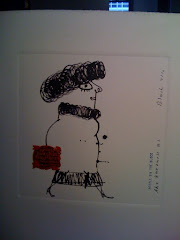.jpg)
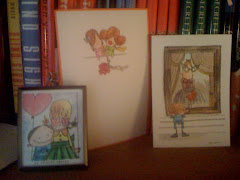.jpg)
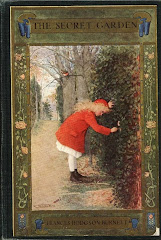

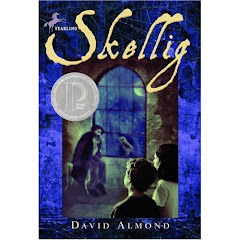
.jpg)
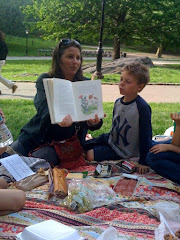.jpg)








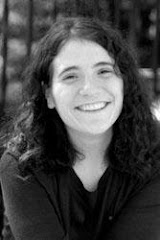






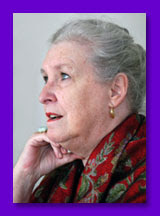

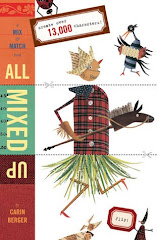


























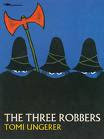








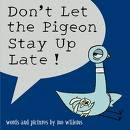
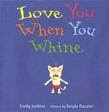










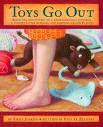

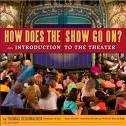






Jill, Thanks so much for the link and shout out. I really value your opinion and I'm tickled that you liked reading my blog. I would say this about you, too: It is not often someone comes along that's a true friend and good writer. Jill is both. I am sure you WILL finish your novel and I can't wait to read it.
ReplyDelete